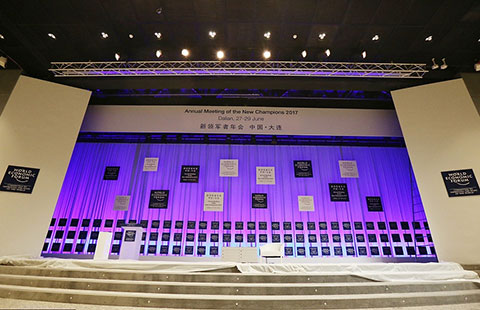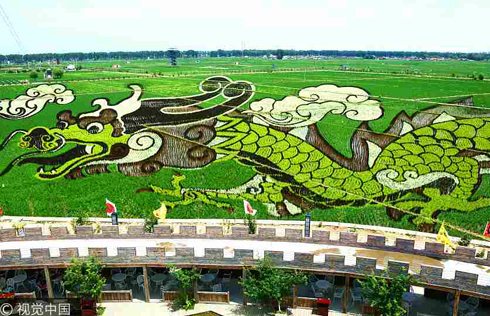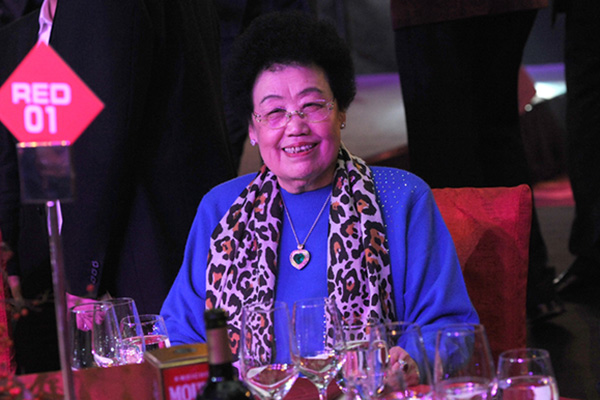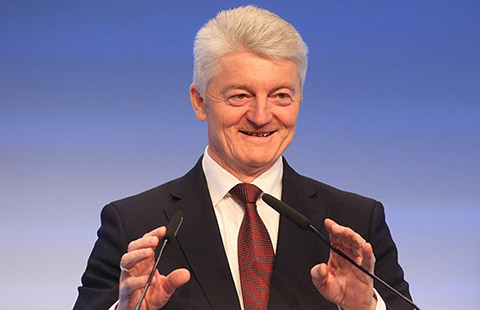Relationships key to China wine success
SYDNEY -- Tony Royal, general manager of Australian wine exporter Portavin, spent nearly 30 years developing his relationship with China -- a networking investment that has now paid off with spectacular business results.
From zero Chinese exports in 2006, Portavin currently bottles and exports more than 70 twenty-foot containers of wine -- about 1 million bottles -- to the Chinese mainland every month.
The company almost doubled its exports over the last three years -- shipping just 40 containers in 2010, and is now the largest exporter of Australian winemakers to China -- a slice of a considerably large pie.
As a nation, Australia is currently the second-largest bottled wine exporter to China, with 15 percent market share in value and 13 percent volume in the imported wine market.
China has been the fastest growing export market for Australian wine for several years -- with today's winners reaping the rewards of long-game networking and relationship-building between the two countries in decades past.
Royal credits Portavin's growth in exports primarily to the " networks of influence" made accessible by Adelaide-based The Australia China Development Company and its Chinese contacts, after engaging the strategy consultancy in 2006.
According to TACDC, doing business with China requires a great deal of bureaucratic know-how, plus personal connections to smooth the way.
Royal himself worked for many years to develop his China literacy and contacts, travelling regularly to China since the 1980s to visit old friends, favourite vineyards and to establish cohesive relationships with government and business associates.
In stand-out visit to China in 1996, Royal visited Beijing, Qingdao and Yantai and the wineries of Shandong province including Great Wall, Dynasty and Dragon Seal wineries, which left a deep impression and signs of the growth of the Chinese wine industry and consumer to come.
Ahead of his time, with a vision of a prosperous Australia- China wine trade, Royal made annual visits to China from 1996 to 2002. During these years he observed the resurgence and growth of the wine and agribusiness sector and witnessed first-hand a major transformation of the country.
Today, with more than 50 active Chinese clients, Portavin expects further growth in the Chinese market's thirst for Australian wine. The latest industry data show continued growth, but at a slower pace.
The number of Australian wine exporters grew by 10 percent to 1,395 over the year ending March 2013 -- with 927 exporters reported in China, according to an April 2013 Wine Australia Export Approvals Report.
While the market saw major declines in the sale of cheap wine to China, exports at the top end saw double digit growth -- although the rate of growth is starting to slow.
"Exports to China in the above $A7.50 ($7.06) per liter grew by 28 percent, but the growth rate has slowed from an average annual rate of 43 percent over the previous five years," said James Gosper, General Manager of Market Development at Wine Australia.
"The average value in exports to China increased by 18 percent to $A 5.85 ($5.50) per liter," he added.
With organisations like Wine Australian and TACDC supporting fair prospects for Australian wine exports in years to come, Portavin says it will make every effort to expand the opportunities for Australian wine makers into the China market in the future.



















